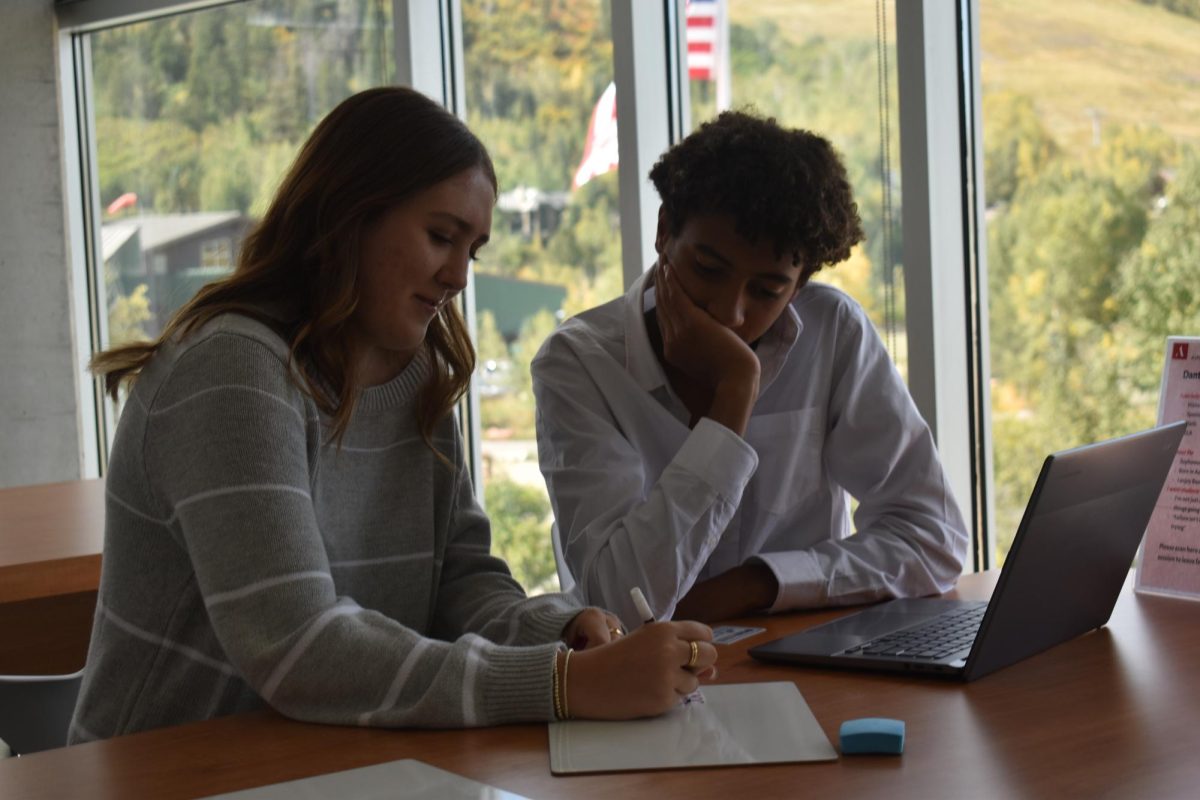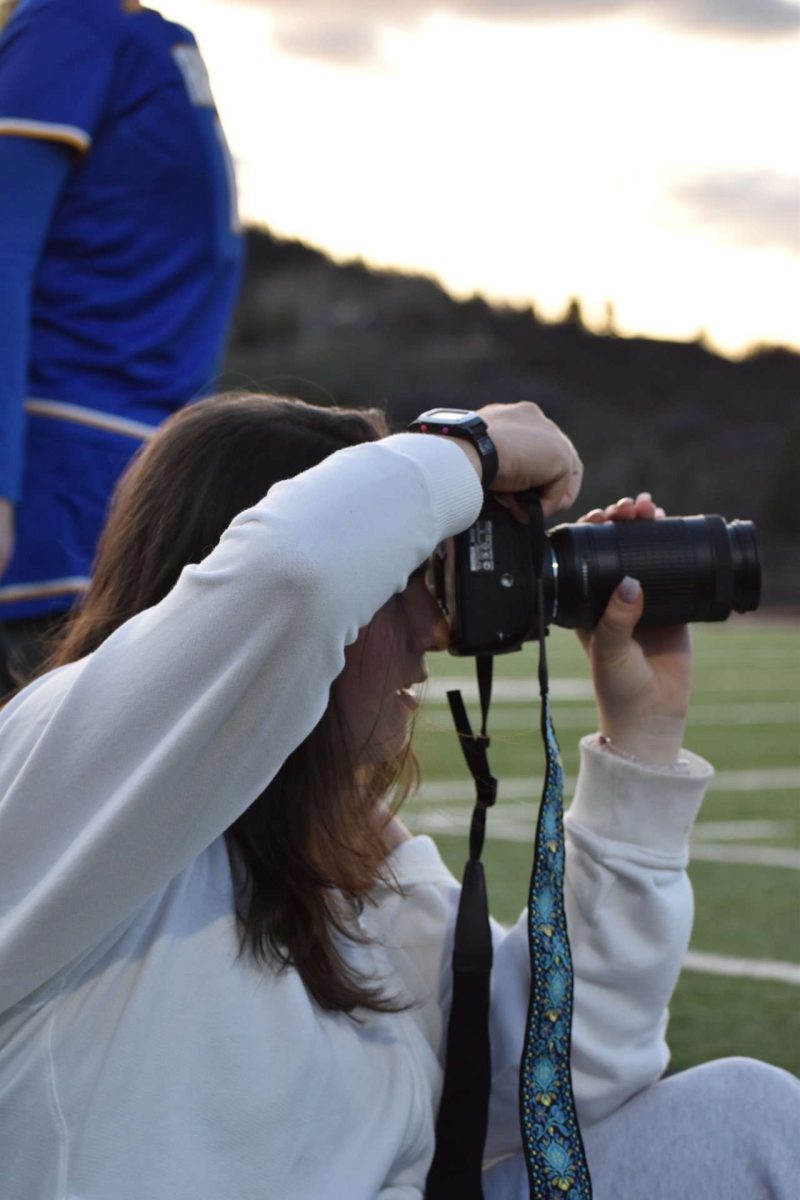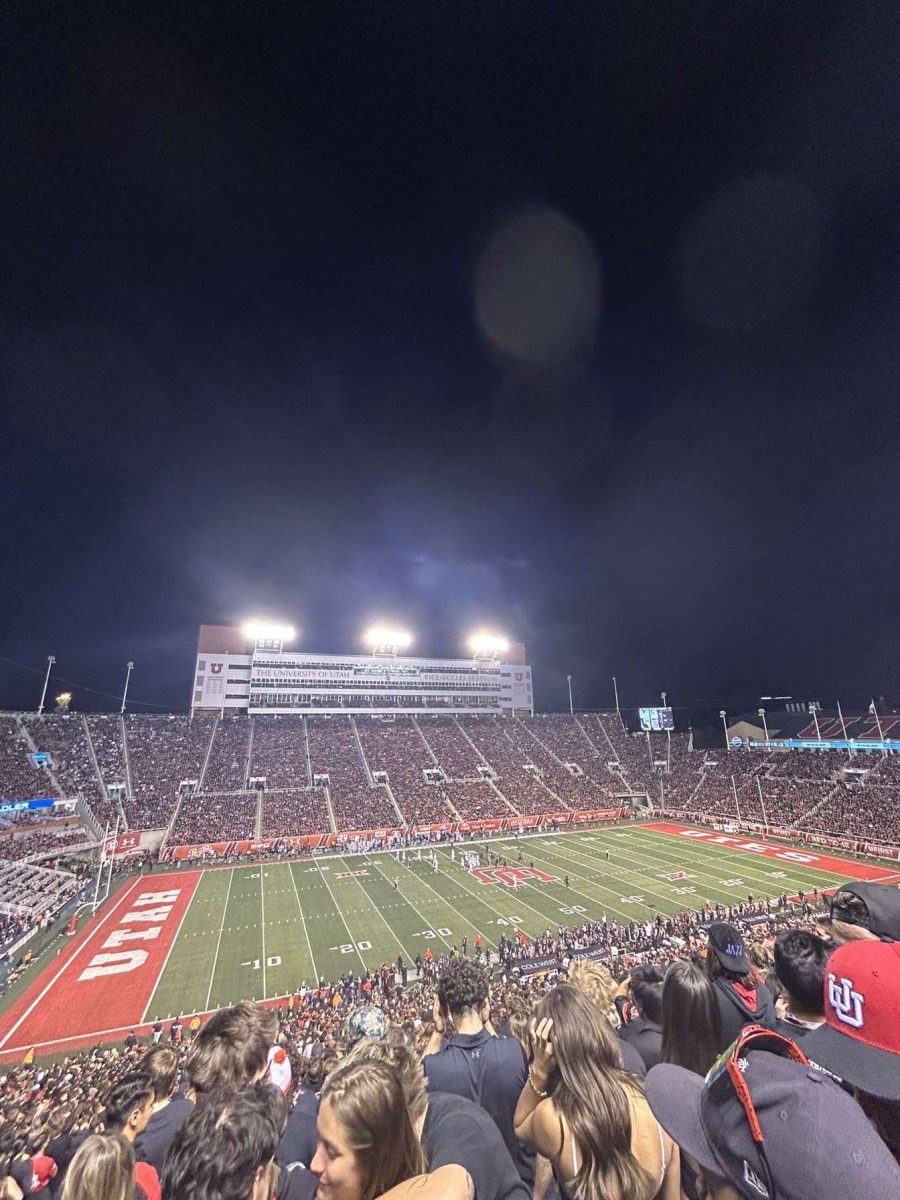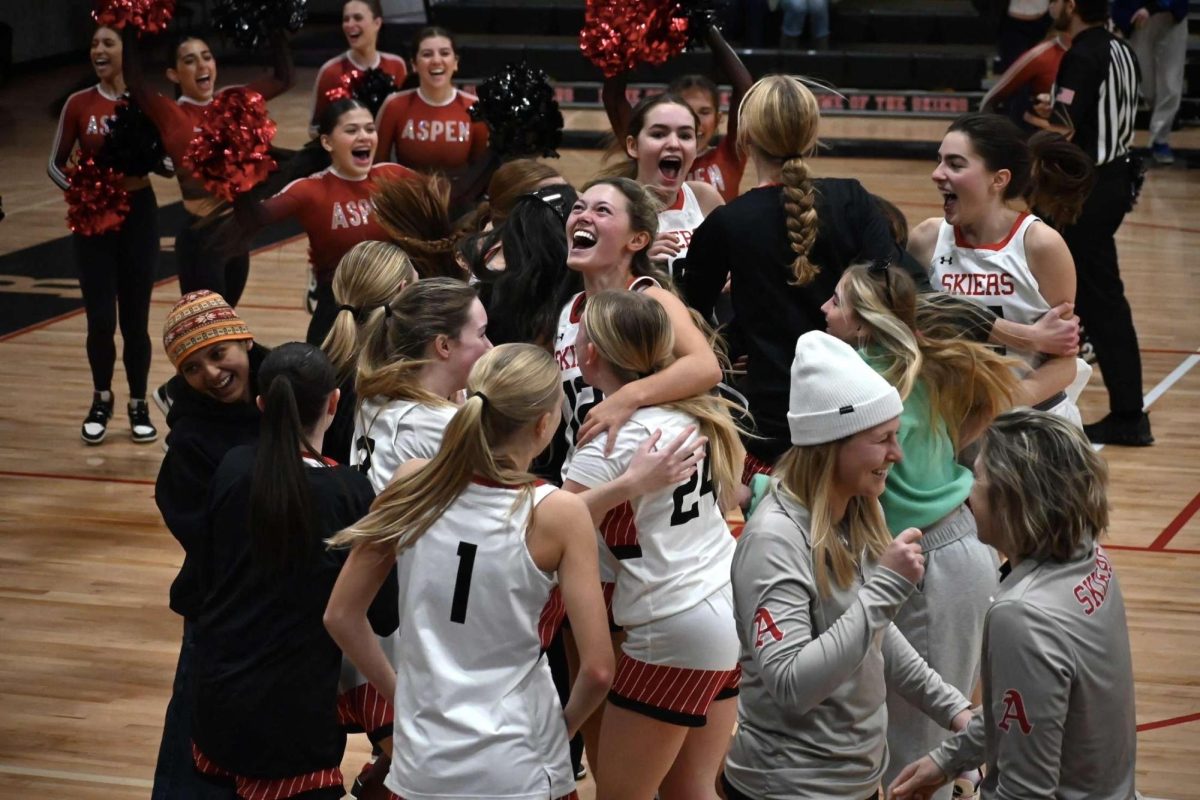A Not-So-Equitable Approach to Religious Holidays at AHS
Spending time with family, attending a religious service, or hitting the slopes are all things you may partake in during holidays such as Christmas, Easter, and New Year. Of course, not being required to attend school allows time to spend as you please. But why is this opportunity not given to students, teachers, and staff that celebrate holidays outside of Christianity?
For example, the holidays claimed to be the most important in Judaism take place in the fall. Yom Kippur, a Jewish holiday, begins on October 4th, at sundown, and ends the following evening, October 5th. The dates of Yom Kippur switch most years, as it follows the Gregorian calendar. This year, Yom Kippur falls in the middle of the school/work week. Yom Kippur is considered the most important holiday in Judaism, contrary to most people’s beliefs about Hanukkah. But as always, people don’t care about Hanukkah because it typically takes place around Christmas, right?
When it comes to honoring your religion or maintaining your grade, the choice is not so easy. This decision should never be forced upon anyone. However, with the disregard for religious holidays in the Aspen School District, this is pushed onto students, teachers, and staff.
Although sometimes it feels like it, I know I do not stand alone in this issue. An article in the Washington Post called “Not Every Student is Christian. So why Don’t All School Districts recognize that?” talks about the importance of acknowledging diverse beliefs. One quote sums up the argument perfectly.
“A calendar should serve the population, rather than the population bowing to the calendar,” Petula Dvorak wrote.
Aspen High School loves to back up its changes and decisions for the 2022-23 school year with the word “equity.” This new focus on equity has brought controversial opinions. While the grading system is a new controversy, the denial of getting religious holidays off has been around for years.

There are many different religions and ethnicities recognized in the United States. When a calendar only accommodates Christian and American holidays, such as Veterans Day and Memorial Day, it carries the message that other religions are less significant and hold less importance. This message impacts students directly.
Ela Stevenson, a sophomore at AHS, made the choice to attend school on Rosh Hashanah, a day she would normally attend services. If it weren’t for the feeling of missing content before an important test, she would have chosen to celebrate her religion instead.
“I feel like they care, but they don’t recognize the meaning of it. They don’t realize that the importance is equivalent to other holidays because it is a minority group, not a majority,” Stevenson said. “Jewish holidays often aren’t recognized, and people aren’t aware that they are happening. They might care, they just don’t value it the same way.”
However, some schools actually understand the true meaning of equity, meaning they don’t have school on major religious holidays. Having school on religious holidays is new for Henry Hurd, a sophomore at AHS, as his previous school gave the day off.
“At my previous school we didn’t have school on the High Holidays [Rosh Hashanah and Yom Kippur] so this is new to me,” Hurd said. “I chose to go to school, although it made me uncomfortable, because I had important classes—and I always hate missing class.”
Realistically, missing school leaves you with an overwhelming amount of work to make up; tests, reports, and essays. Even if you make up the missed work, being absent from a class often limits your understanding of certain material.
“I often debate if I should go to class so that I understand what we are doing and not make up the work, or if I should take the day off to celebrate an important holiday in my religion,” Stevenson said.
If Aspen High School actually cared about equity as much as they preach it, then they would make the change.

Quintessa Frisch is a senior at Aspen High School. This is her fourth year writing for the Skier Scribbler, and she has taken on the role of Editor-in-Chief...



























